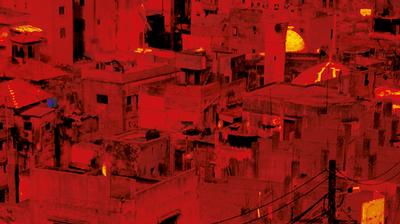Situating (In-)Security: A United Army for a Divided Country
Lebanon is a deeply-divided country with a troubled civil war history (1975–90). The Lebanese Armed Forces (LAF) is multi-confessional, ideally reflecting the religious diversity of the country itself. The army numbers more than 70,000 servicemen, but is weary of intervening in civil conflicts and carefully protects its neutrality and impartiality. The main reason why the army does not intervene is not due to a lack of capability, but because doing so would be construed as taking sides in, and becoming party to, sectarian conflicts. This would expose the army to accusations of partisanship and undermine its neutrality, the army’s most valued asset in a deeply divided society. Additionally, the country's "dual power" situation, and lack of a National Defence Strategy, mean that the army often lacks political cover for intervening. The army is therefore hamstrung when undertaking its twin twin defensive role, which can be summarized as protecting sovereignty (against external threats/aggression) and internal security and stability. In this project we examine key elements of the army’s internal security role. To this end we focus on situations and locale where the army’s protective capacity and neutrality is tested, externally by the conflict type (religious, sectarian) and conflict actors/sponsors (state, non-state) and, internally, by the army’s internal make-up (sectarian balance) and operational guidelines (citizens’ security provision).







